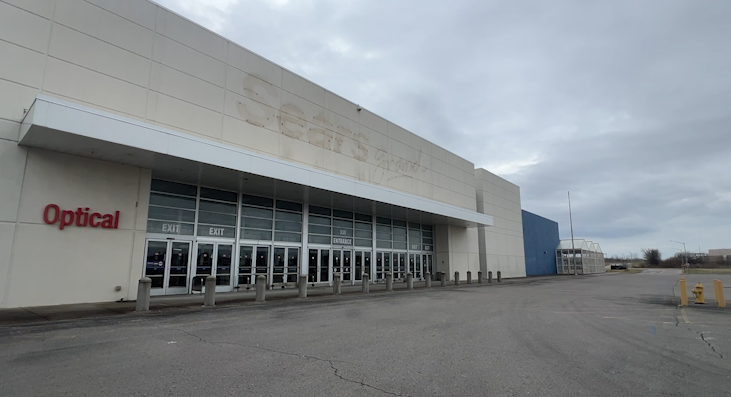Local shelter at capacity as housing needs surge in summer heat
SIKESTON, Mo. (KBSI) — The Delta Area Economic Opportunity Corporation (DAEOC) is seeing a record number of people seeking emergency shelter and housing assistance. Staff say their shelter is constantly full, and the moment one person is placed in housing, another steps in from the growing waitlist.
Despite the rising demand, DAEOC’s budget continues to shrink year after year — making it even harder to meet the need.
Summer adds another layer of urgency. For people without stable housing, staying cool and hydrated becomes a daily struggle. One individual staying in the shelter told us they’re working toward a steady job and permanent housing but without a car, they’re forced to walk everywhere in the heat.
“It was scary sleeping on the street, being homeless, being young,” Elizabeth Miller said. “It’s not fun. Trust me.”
Elizabeth Miller and her fiancé lost their home after rent spikes priced them out. Out on the streets, the state took custody of their 2-year old child.
“We were living in a tent when we lost our son,” she said.
Thanks to DAEOC’s emergency shelter in Sikeston they now have a roof over their heads while they get back on their feet — working towards stable jobs and permanent housing so they can bring their son home.
But without a vehicle they’re forced to brave the summer heat.
“We have to walk everyday,” Miller said. “We bring water with us all the time. It doesn’t stay cold, but it keeps us hydrated so we don’t pass out.”
For those without shelter, staying cool can mean hiding in shade, ducking into stores — or just enduring. The stigma makes it worse. And in small towns, homelessness isn’t always visible.
“Homelessness in rural communities doesn’t look like it does in an urban area,” DAEOC President Joel Evans said. “You don’t see the homeless as much, but they’re there.”
DAEOC’s shelter — a lifeline for many as they make the transition from homeless to housed — stays full.
As soon as one person gets housing, another moves in — usually within 24 hours. But their funding keeps shrinking, while the need grows.
“We have to be resourceful,” Evans said. “We have very many great community partners and donors. Individuals, families and businesses have donated to help furnish the units and help with operations.”
They keep water bottles and snacks available to those in need and can refer people to designated cooling centers in the area.


